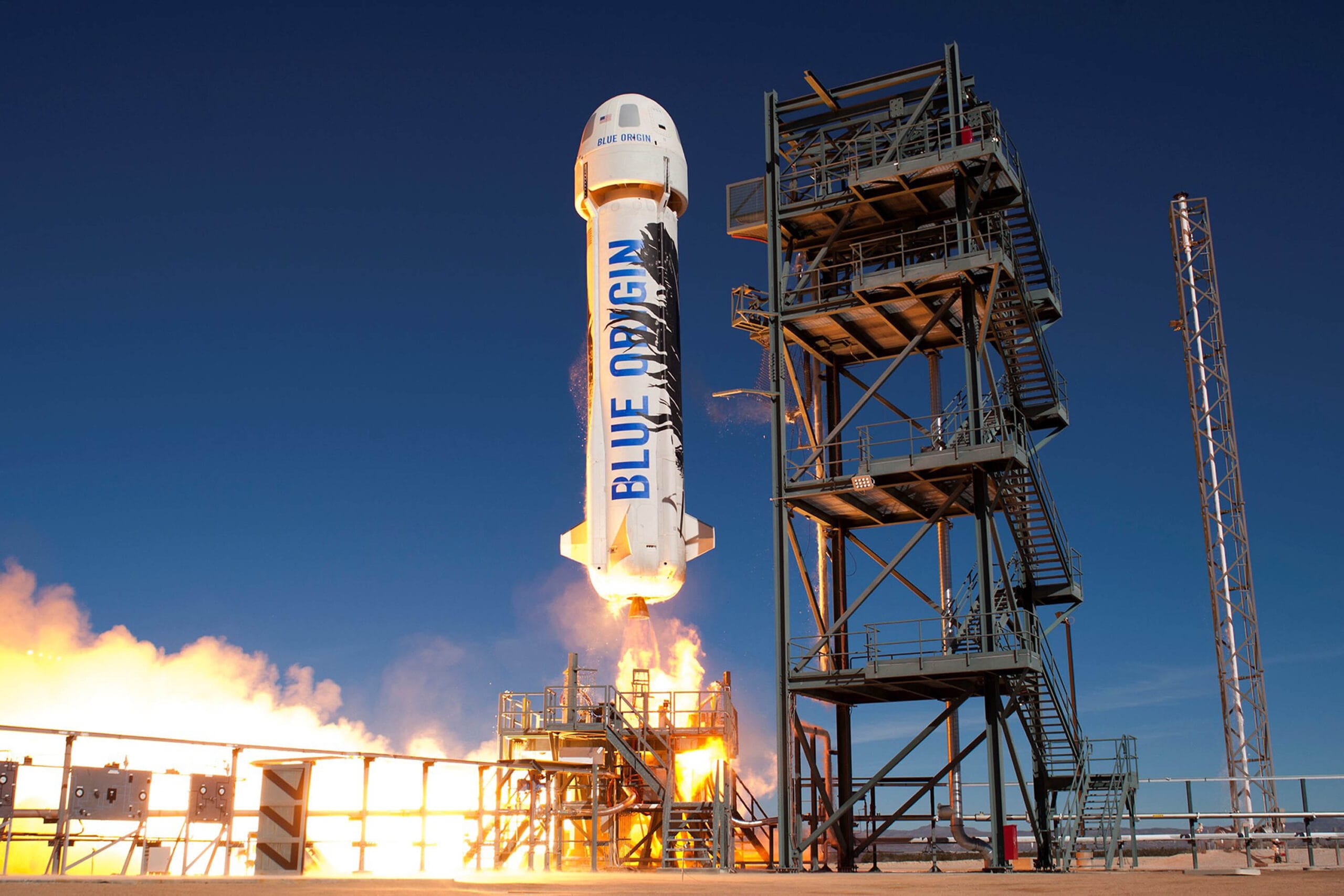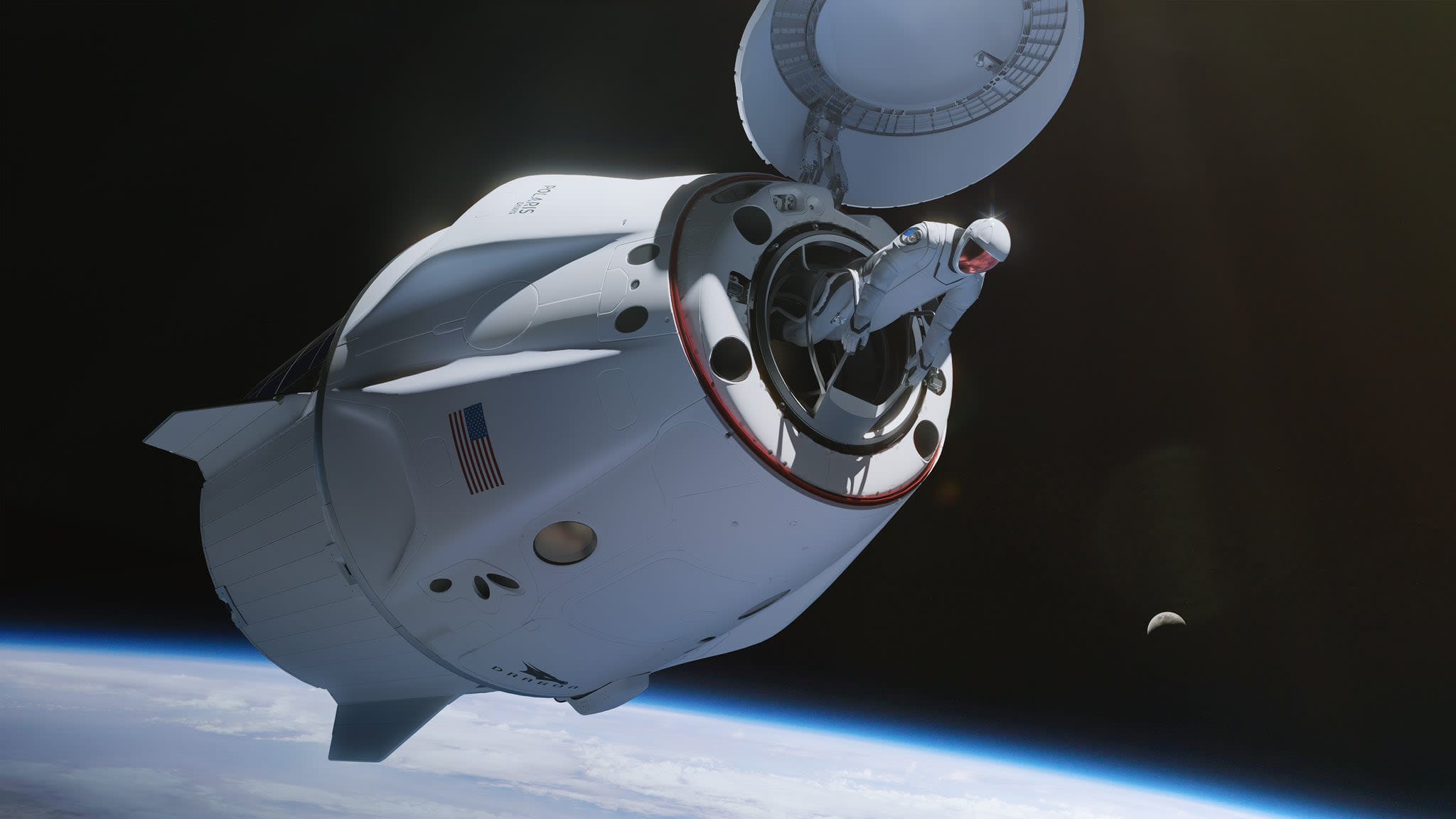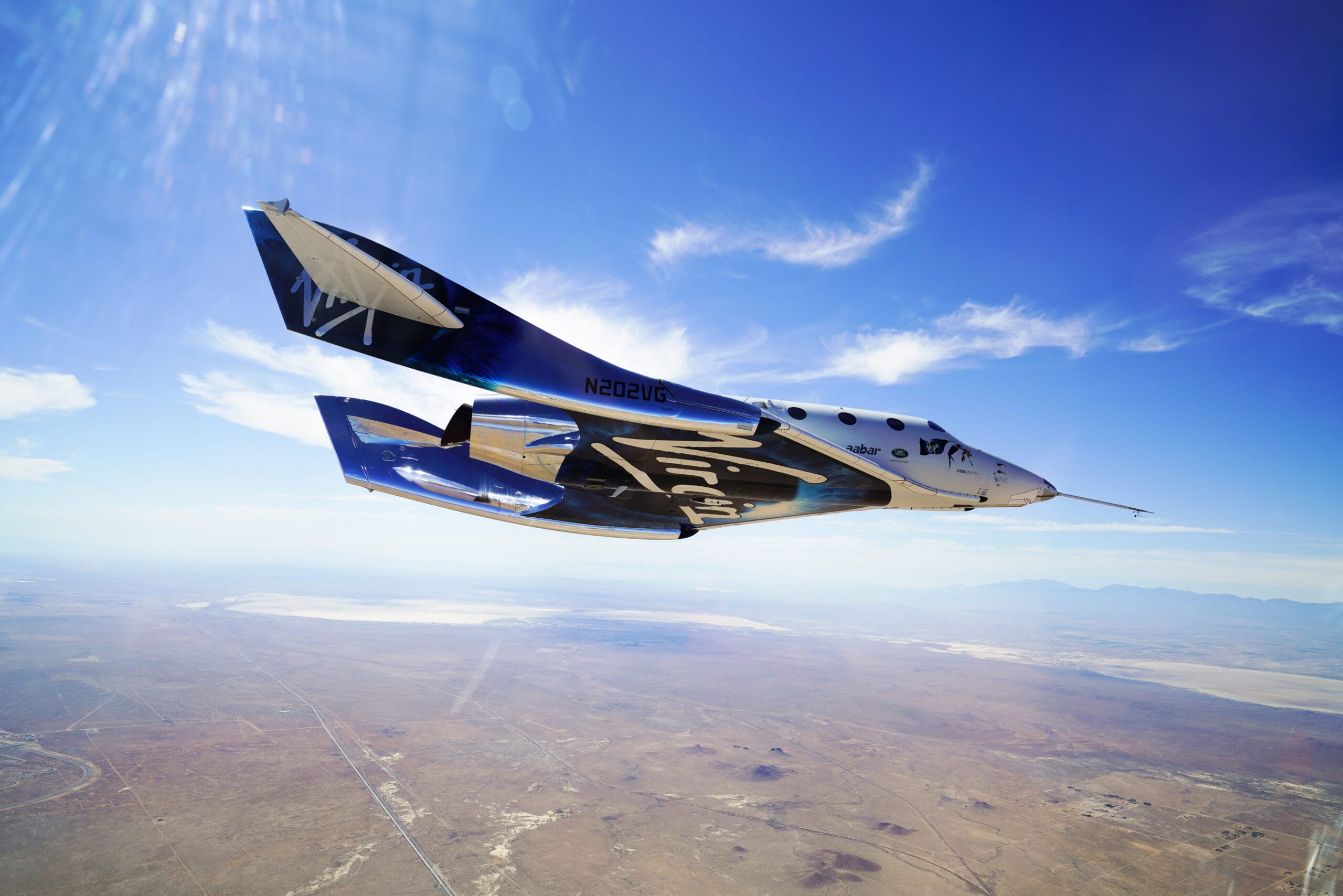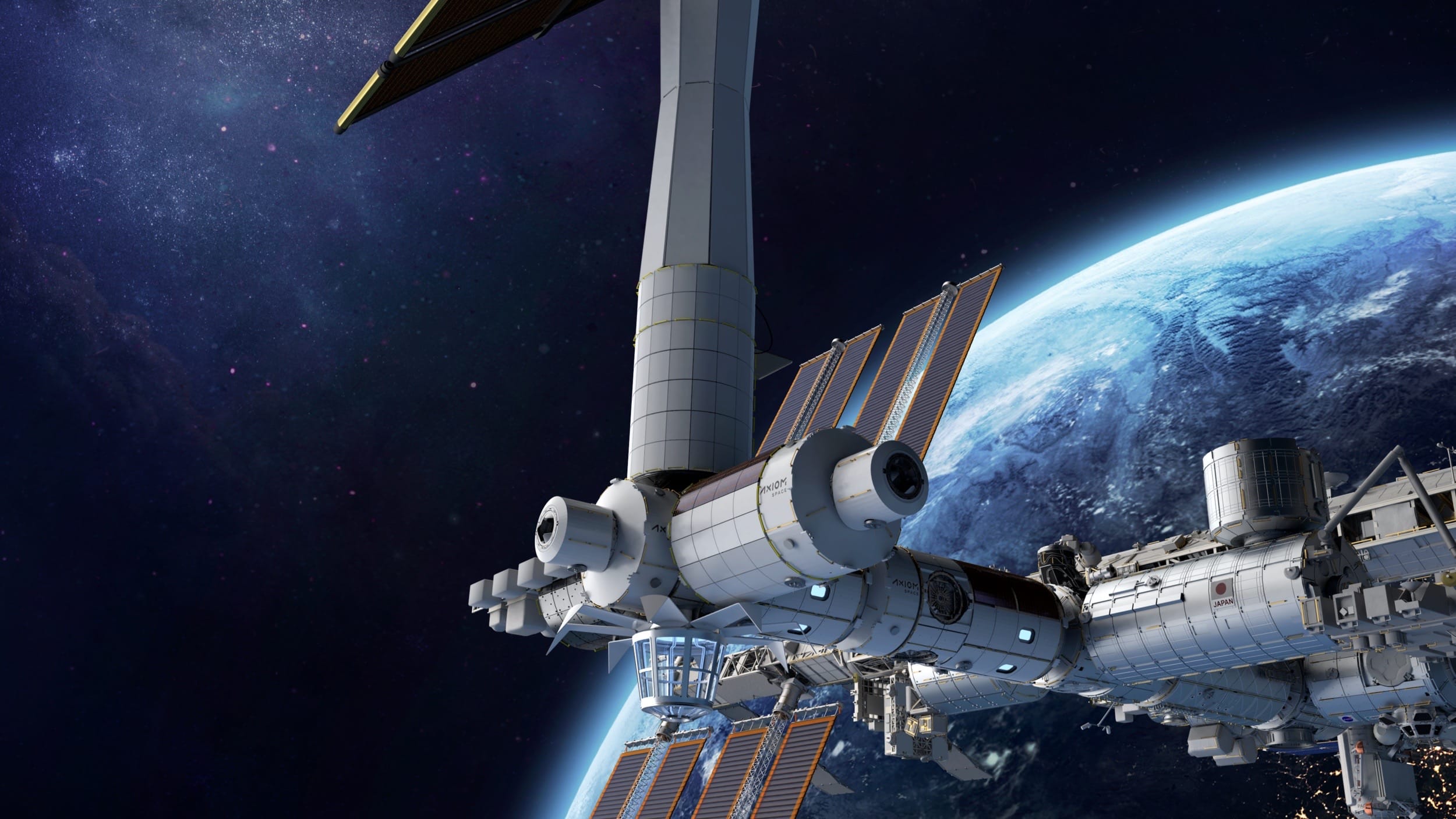Space tourism is no longer the stuff of dreams or science fiction. Thanks to rapid advancements in technology and private investment, the prospect of ordinary people venturing beyond Earth is closer than ever. From suborbital flights to long-term visions of space hotels, the space tourism industry is poised to become a transformative force in global travel. As companies race to make space more accessible, the technology behind these breakthroughs plays a critical role in shaping the future of off-world exploration.
The Technology Driving Space Tourism
At the heart of space tourism is a set of groundbreaking technologies that have significantly lowered the cost of space access while improving safety and scalability.
- Reusable Rockets:
One of the most revolutionary innovations is the development of reusable rockets. Traditionally, rockets were discarded after asingle use, making space missions prohibitively expensive.Companies like SpaceX and Blue Origin have changed this with rockets that can land back on Earth, refurbished and reused for future flights. SpaceX’s Falcon 9 and Blue Origin’s New Shepard are examples of reusable rockets that are reducing the cost of launching payloads—and passengers—into space.
- Advanced Spacecraft Design:
Modern spacecraft have become more reliable, lightweight, and safe, incorporating cutting-edge materials and systems. Virgin Galactic’s SpaceShipTwo is designed for suborbital tourism, carrying passengers to the edge of space before returning to Earth in a controlled glide. Meanwhile, SpaceX’s Crew Dragon capsule is built for both orbital and suborbital missions, offering greater flexibility for human spaceflight.
- Propulsion Systems:
To propel tourists into space, companies are leveraging both chemical rocket engines and experimental propulsion technologies. While traditional liquid-fueled engines are still the norm, research is ongoing in more efficient propulsion methods, such as ion thrusters and plasma engines, which could eventually lead to more affordable and sustainable space travel.
Leading Companies in Space Tourism
Several companies are at the forefront of space tourism, each with its own approach to getting tourists into space.
- SpaceX:
Known for its reusable rockets and ambitious plans for space colonization, SpaceX is a leader in human spaceflight. It successfully sent civilians to the International Space Station (ISS) and is working on its next-gen Starship, designed for missions to the Moon, Mars, and beyond.
- Blue Origin:
Founded by Jeff Bezos, Blue Origin focuses on suborbital tourism with its New Shepard rocket. In July 2021, Bezos and three others became the first crewed passengers aboard a New Shepard flight.

- Virgin Galactic:
Richard Branson’s Virgin Galactic focuses on suborbital space flights for tourists. Its SpaceShipTwo vehicle is designed to take passengers to the edge of space, offering a few minutes of weightlessness and a stunning view of Earth.
- Axiom Space:
Axiom is working to develop the world’s first commercial space station, which could serve as a space hotel and research hub for tourists and scientists alike.
The First Major Achievement in Space Tourism
The first major breakthrough in space tourism came in 2001, when American businessman Dennis Tito became the world’s first space tourist. He paid $20 million to spend eight days aboard the Russian spacecraft Soyuz and the International Space Station (ISS). Tito’s journey was a watershed moment, proving that private citizens could indeed travel to space, albeit at an extraordinary cost.
In recent years, the success of suborbital flights has reignited enthusiasm for space tourism. In 2021, both Blue Origin and Virgin Galactic completed their first crewed space tourism missions. Jeff Bezos, along with three crew members, launched aboard Blue Origin’s New Shepard on a 10-minute flight to the edge of space, marking a historic moment in commercial space travel.
Benefits of Space Tourism
- Increased Access to Space:
As technology advances and costs drop, space tourism will make space more accessible to private individuals, researchers, and organizations. This democratization of space could lead to new opportunities for scientific discovery and collaboration. - Economic Growth:
The space tourism industry is expected to generate significant economic benefits. The influx of private investment is creating new jobs in aerospace, engineering, tourism, and related sectors. It also opens up potential for space-based industries such as satellite deployment and asteroid mining. - Inspiring the Next Generation:
Space tourism can ignite public interest in space exploration, inspiring younger generations to pursue careers in science, technology, engineering, and mathematics (STEM). This renewed interest could foster innovation in both space exploration and other industries.
Disadvantages of Space Tourism
- Environmental Impact
One major concern is the environmental footprint of space tourism. Rockets release substantial amounts of carbon dioxide and other pollutants into the atmosphere, contributing to climate change. Additionally, frequent rocket launches could affect the Earth’s upper atmosphere, with uncertain long-term consequences. - Cost and Accessibility
While prices for space tourism are gradually dropping, they remain exorbitant for most people. A single suborbital flight can cost hundreds of thousands of dollars. This exclusivity raises questions about who benefits from space exploration and whether it will remain an option only for the wealthy. - Safety Risks
Space travel remains inherently dangerous, despite technological advancements. Tourists face risks from launch failures, technical malfunctions, and the harsh environment of space. Even with strict safety protocols, accidents remain a possibility, as seen in past space disasters.
Conclusion
Space tourism is on the cusp of revolutionizing how we think about travel and exploration. With companies like SpaceX, Blue Origin, and Virgin Galactic leading the charge, technological advancements are making space tourism increasingly feasible. The industry promises significant benefits, from economic growth to new scientific opportunities, but it also presents challenges, such as environmental concerns and safety risks.
As space tourism evolves, it will require responsible innovation, regulation, and consideration of its broader impact. The dream of experiencing space, once a privilege of trained astronauts, is now within sight for ordinary people. This is the dawn of a new era where humanity’s reach extends beyond Earth, opening the door to endless possibilities in the vastness of space.







